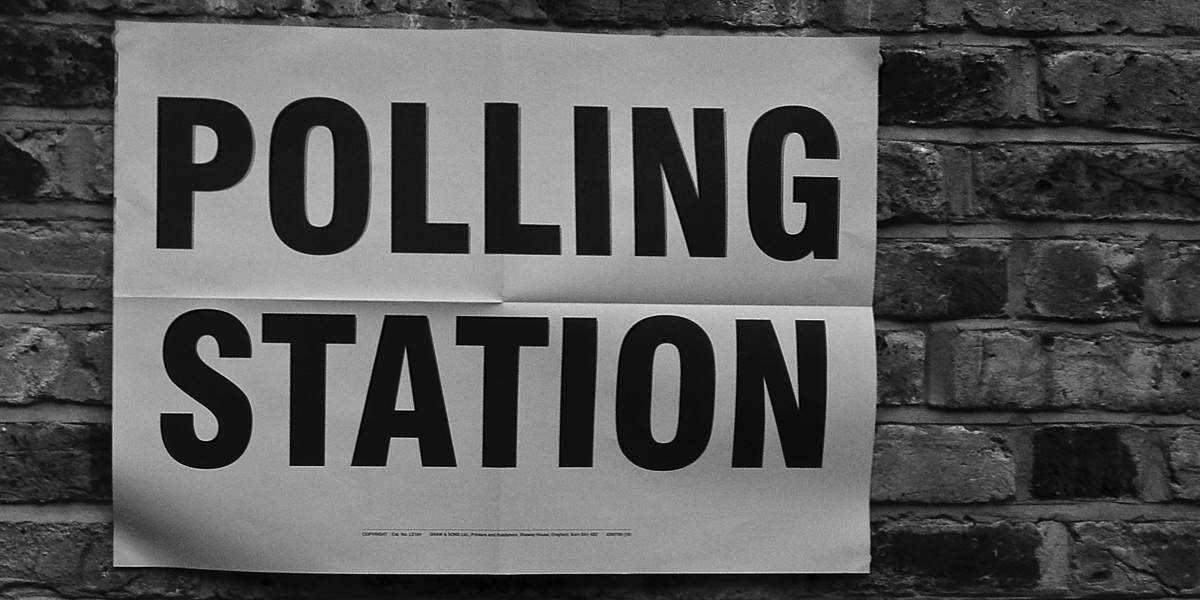When super-majorities go sour
What does over-eating have to do with Labour’s performance at local elections? A new report by the Electoral Reform Society suggests that just as eating a whole box of Christmas chocs leaves you feeling unhealthy and full of regret by...
What does over-eating have to do with Labour’s performance at local elections? A new report by the Electoral Reform Society suggests that just as eating a whole box of Christmas chocs leaves you feeling unhealthy and full of regret by January, so too, sweeping the board at council elections creates a negative legacy for the party at future elections.
Towards One Nation makes the Labour case for changing the electoral system in local elections. Traditionally this has been a difficult issue for Labour, but many of the old arguments against electoral reform simply do not hold at the local level. The report demonstrates that Labour has little to fear and a great deal to gain from introducing the Scottish system (ie the Single Transferable Vote) in England and Wales.
It stands to reason that gaining a foothold in electoral deserts in southern and rural England would give Labour a platform locally and see the party move closer to its One Nation ambition. Our report shows that Labour would gain councillors in 27 of the 69 councils which were devoid of Labour representation in 2011. However, perhaps more surprisingly, it also shows how electoral reform could help Labour retain power in areas where it is already strong.
Labour councils do better at holding on to power when they share it with a healthy opposition. Of the 39 councils which had Labour ‘super-majorities’ (90% or more Labour) in the mid-1990s, 21 have been lost at some point. This is a loss rate of 58% in ‘safe’ Labour local authorities.
Super-majorities, whilst attractive at the time, can leave a legacy that damages the party’s reputation and chances at the next election. The report sets out the ‘eight stages of loss’ undergone by local parties enjoying super-majorities, from taking the voters for granted to electoral collapse, recrimination and scandal. Not all councils follow this pattern (and some govern very well with large majorities) but where they do, it is damaging for votes locally and for the party nationally.
Electoral reform at a local level would see Labour gain seats in areas that have previously been considered hopeless. It would give local Labour councillors the chance to build a base in their community and Labour supporters the chance to see their votes translate into representation. Local strength bolsters a party’s chance of winning at Westminster and in the European Parliament. And crucially, it need not be feared in those areas where Labour currently dominates. Allowing other parties a toehold could strengthen Labour and encourage better politics. As Times columnist Phil Collins writes in a foreword to the report: “[Local electoral reform] is good for the health of the Labour party, and it is good for the health of politics more widely.”
